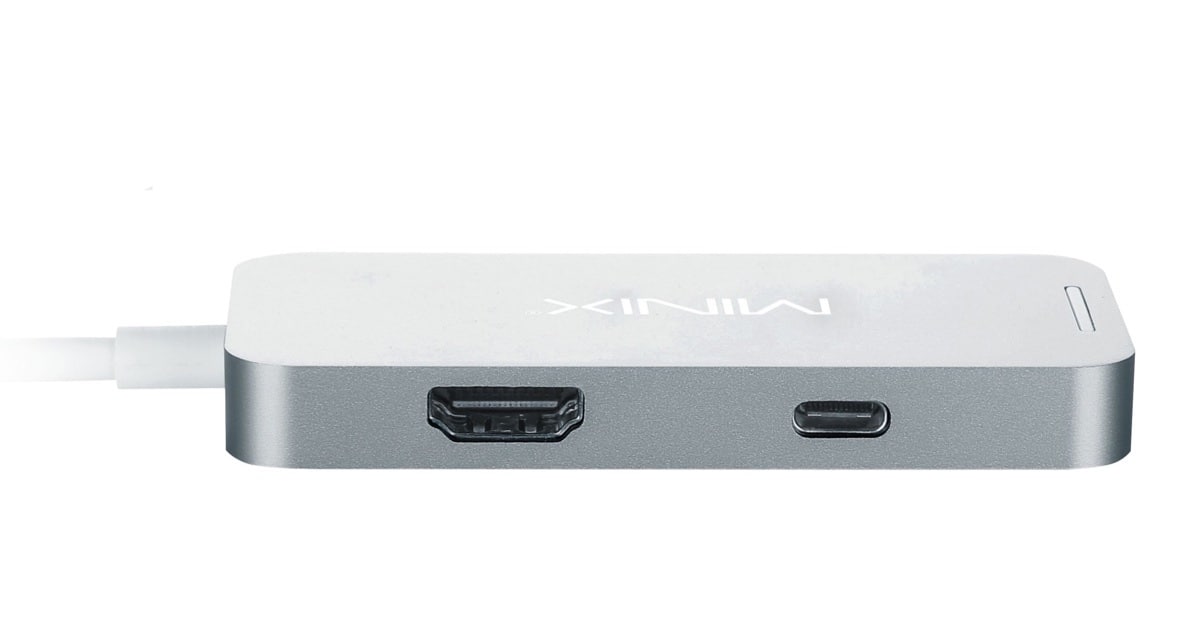Low-cost Uvooi Hdmi Cable For Mac
Posted By admin On 27.02.20I second the UVC driver recommendation, or anything with drivers upstream (that is, in the Linux kernel itself). If this is for your day job spending £250 is well worth it for one of the better quality brands, otherwise you'll be spending far more than that debugging reliability issues. Depending on your project, it might be worthwhile using GStreamer instead of tying yourself to a specific driver like libuvc.
There's a lot you can do with just GStreamer's command-line tools - for some examples see the first 5 minutes of my talk1 - and if you need more you can drop down into C or Python, though admittedly the learning curve is fairly high. It's not HDMI and DRM increasing the costs.
HDMI is a far higher bandwidth signal than composite/SVideo, as is USB3. So you have to design a more complex chip and PCB. These are slightly more niche products too, so you don't get the economy of scale you would with something like an ARM SoC. Also these UVC grabber deal in uncompressed video, so they are more expensive but produce a far higher quality capture. The £45 Cat5 grabber is performing some pretty heavy compression to fit the HD video signal down a 100 Mbit Ethernet connection. Blackmagic's Linux drivers are gratis, but not libre. And of course they aren't upstream.
Low-cost Uv Ooi Hdmi Cable For Macbook Pro
This means that they are only guaranteed to work if you use exactly the same kernel that Blackmagic supports - we've had all sorts of problems with them: the cards lock up (requiring a reboot before they will work again); the whole system locks up; the drivers were randomly overwriting other processes' memory (!); etc. However our reliability requirements may be different than yours & the OP's, as we (at ) use video capture for automated UI testing so we need rock-solid reliability. I concur with the other commenter that devices with an upstream driver -such as the UVC driver- are the way to go. I use the AVerMedia Game Capture HD 2 to capture HDMI from Xbox One and PS4 and I've been very happy with it. Unlike a lot of such devices this one is stand-alone, I don't plug it into a PC, I just use it as an HDMI pass-through, plug a USB3 external hard-drive into it (it also has a bay for internal 2.5 SATA HDD, but I use an external drive so I can just pull that out of the capture device, plug it into a computer to get the captured mp4 files over quickly and easily for editing). The stand-aloneness of this device is pretty great because it means you don't need to muck around with drivers on your other computers, though YMMV depending upon specific usage, a lot of people like to do live streams directly to places like twitch and this device isn't really well suited for that sort of thing.
Also, this device (AFAIK) doesn't do HDCP pass through. Game systems generally don't enable HDCP during gaming (but do during, say, blu-ray playback). So that certainly makes it less flexible than solutions which will allow HDCP capture. Off-Topic but somehow related: I was thinking about to use my iDevices as generic HDMI-Displays. Sound forge pro for mac 2.5.133 crack. The afaik best app for doing this is Duet Display 1, if you want to use Mac/Win.
But I want to use it for a Raspberry Pi for example. Duet display streams the display information to the own application via ethernet over lightning port.

HDMI itself is also some network protocol (dangerous superficial knowledge). Theoretically it should be possible to build a small device, which translates hdmi video/audio to the same kind of network via lightning port as duet and display? What do you think? Do you see any pitfalls there, which I don't see? This quite interesting, I've been toying with building a capture box myself for presentation/gaming streaming and recording.
It takes two inputs: HDMI-in from monitor, and HDMI/Other Digital for the camera, and one output: HDMI out back to the monitor. It can be configured to record to its internal SSD or stream (to popular streaming sources). I run a meetup and would love an easy way to record talks, there isn't much out on the market currently which is unfortunate. I'm really happy to see stuff like this surface in the OSS world.